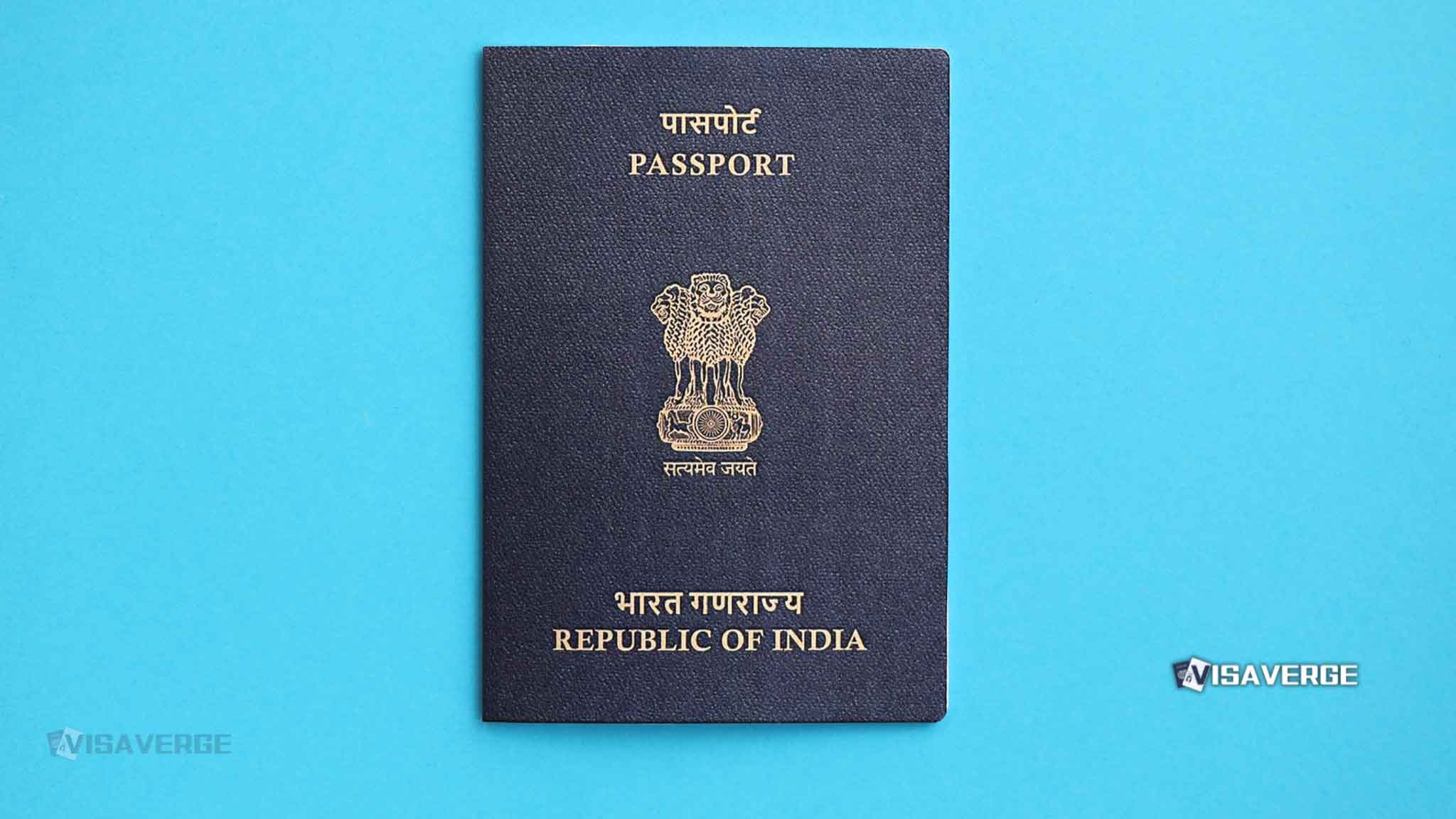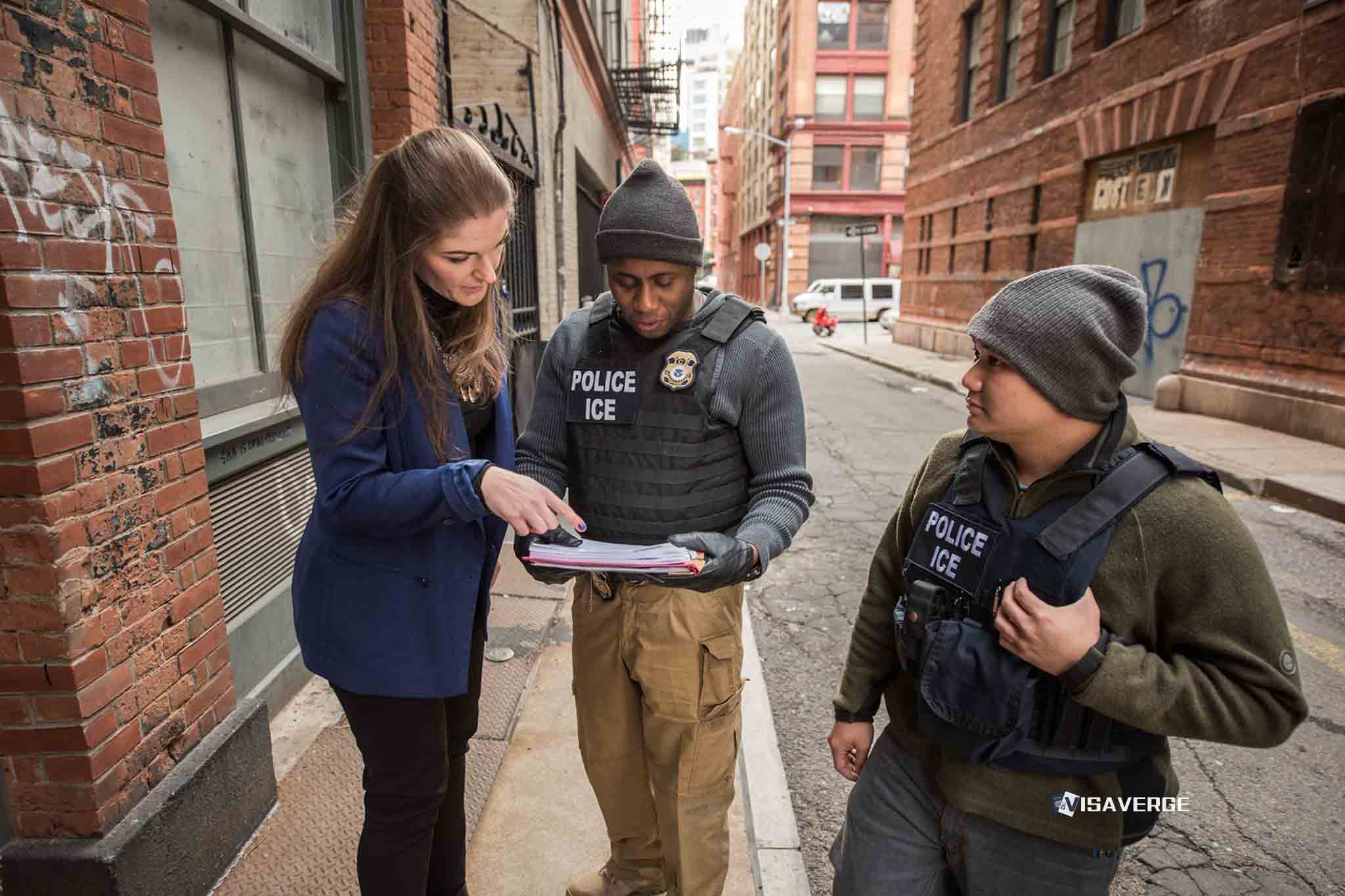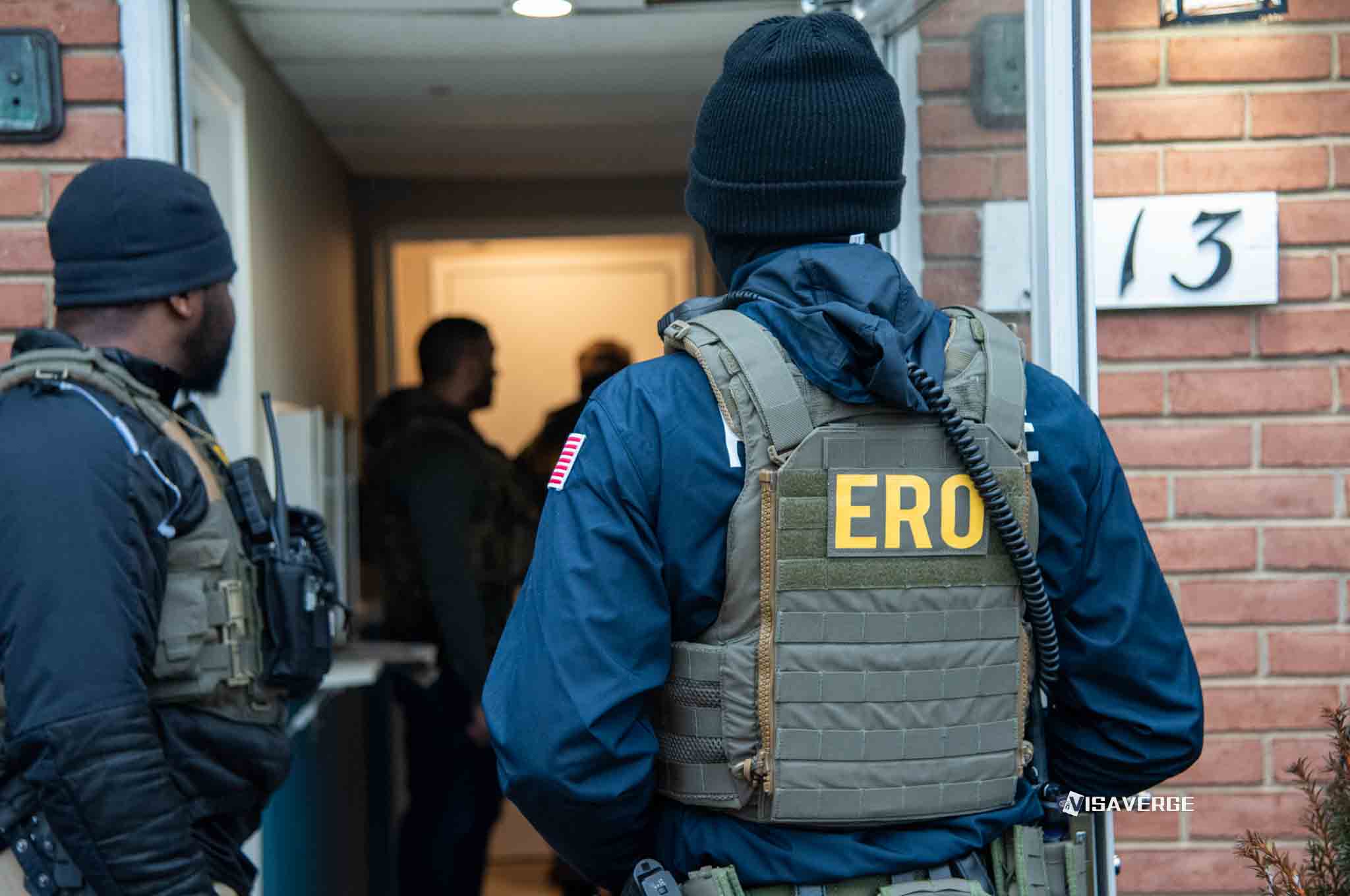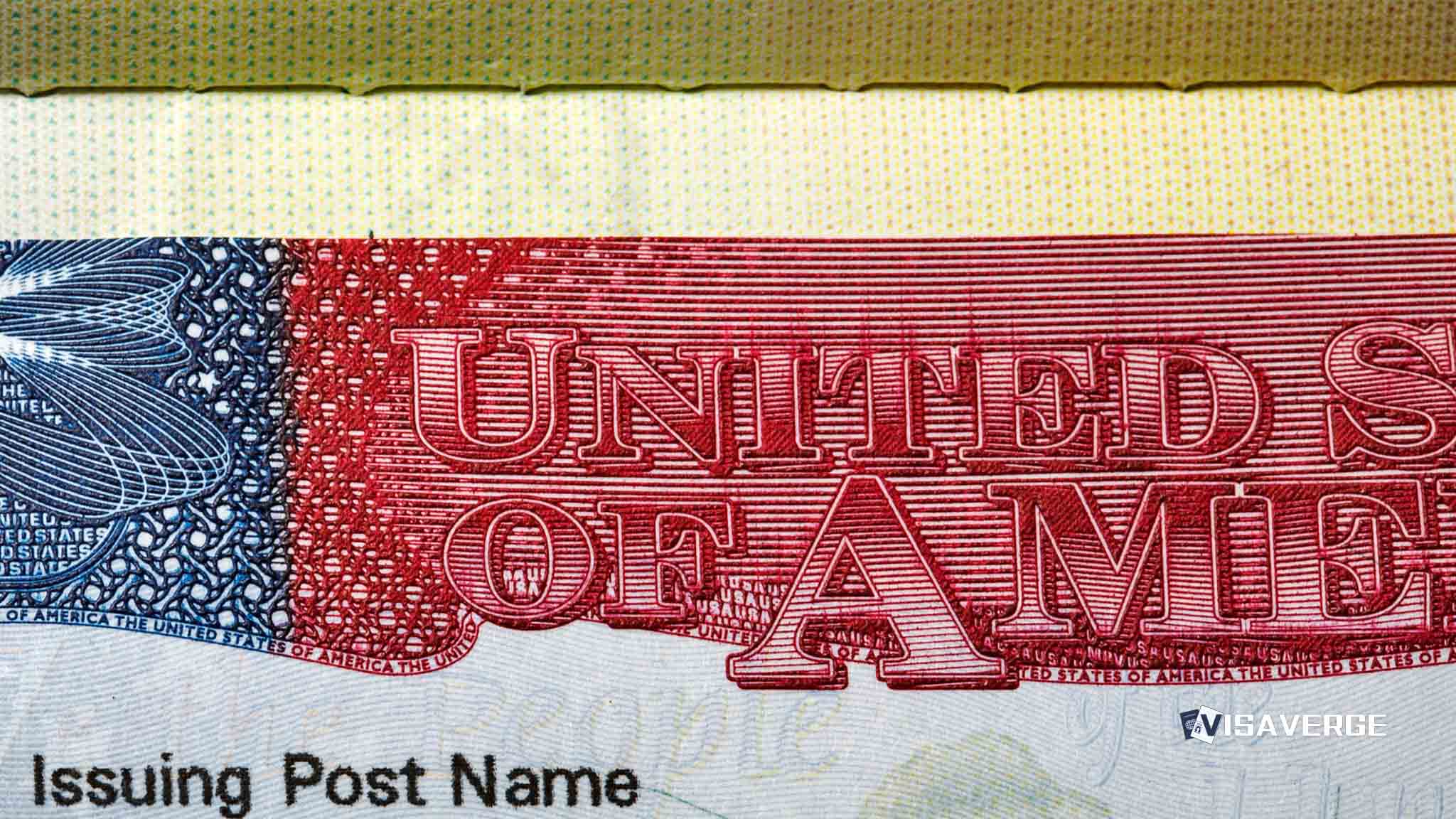Widespread fraud in the Special Immigrant Juvenile (SIJ) visa program has caused a major visa backlog for foreign priests and religious workers in the United States 🇺🇸, according to a recent report from U.S. Citizenship and Immigration Services (USCIS). As of July 31, 2025, these delays are affecting religious organizations across the country, leaving many communities without the clergy they need.
USCIS revealed on July 24, 2025, that from 2013 to 2024, there has been significant age and identity fraud among SIJ applicants. The SIJ program is meant to help unaccompanied immigrant minors under 21 who have suffered abuse, neglect, or abandonment. However, the report found that many applicants were actually over 18, with some even falsifying their age, name, or country of citizenship to qualify. In 2024 alone, 52% of SIJ applicants were between 18 and 20 years old. Some adults even tried to become guardians of other adults to gain SIJ status.
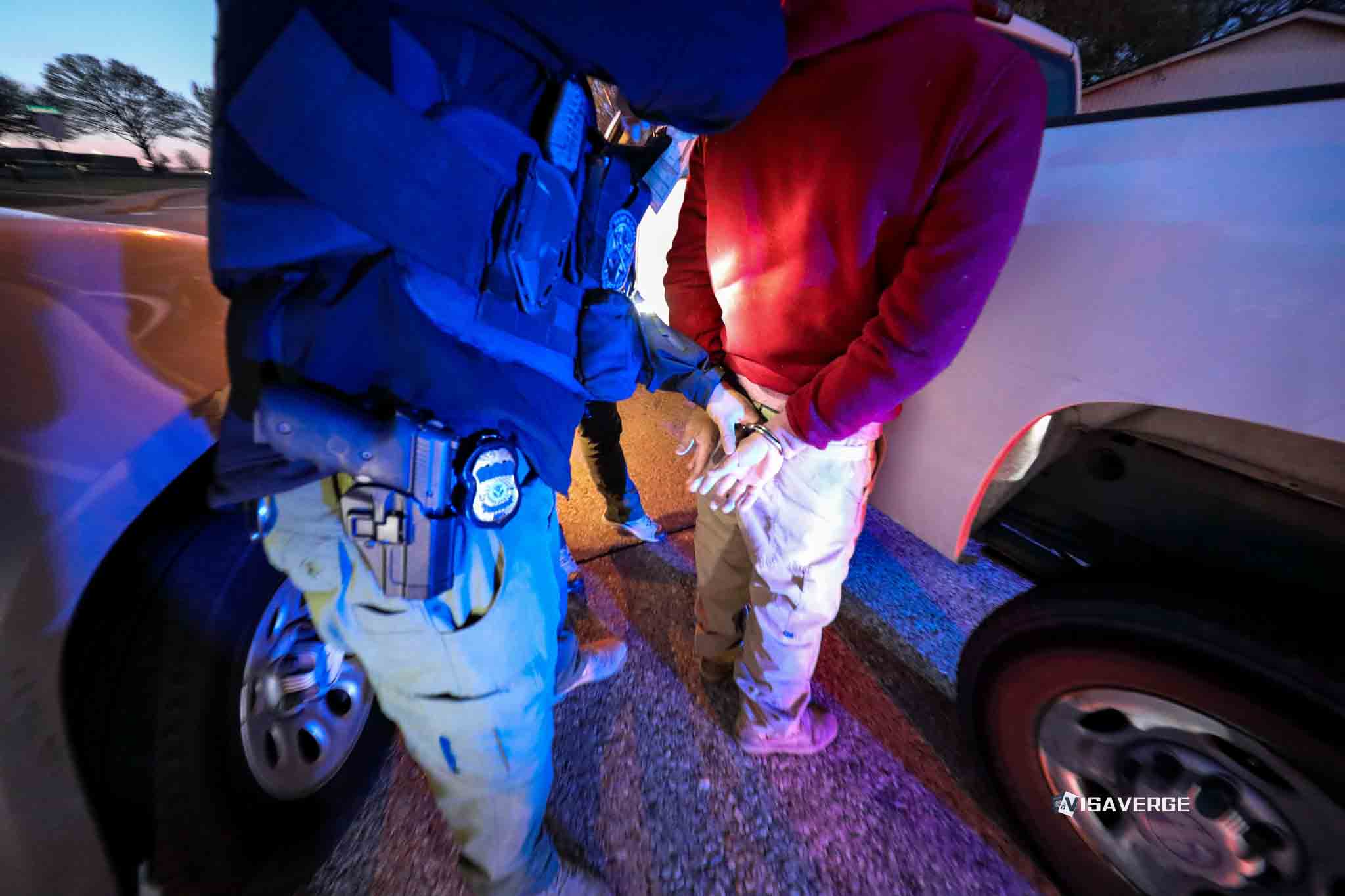
This fraud has led to a visa backlog in the EB-4 category, which includes both Special Immigrant Juvenile applicants and foreign priests and religious workers. Because all these groups share the same visa category, delays for one group affect everyone. As a result, many foreign-born priests and religious personnel now face long waits for their visas and green cards, making it harder for them to serve in the United States 🇺🇸.
Who Applies for SIJ Status?
Most SIJ applicants come from El Salvador 🇸🇻, Guatemala 🇬🇹, or Honduras 🇭🇳. These countries have high rates of violence and poverty, which push many young people to seek safety and better lives in the United States 🇺🇸. According to USCIS, about 73.6% of SIJ applicants are from these three countries.
To qualify for SIJ status, an applicant must:
- Prove they are dependent on a juvenile court or state agency
- Show evidence of abuse, neglect, or abandonment by one or both parents
- Demonstrate that staying in the United States 🇺🇸 is in their best interest
Applicants must file a petition with USCIS, and the agency reviews each case to check age, identity, and eligibility. Because of the recent fraud, USCIS has increased its scrutiny, which has led to even longer processing times.
How Does This Affect Foreign Priests and Religious Workers?
Foreign priests and religious workers also apply for visas under the EB-4 category. Many U.S. dioceses and religious organizations rely on these workers to meet the spiritual needs of their communities, especially in areas with few local clergy. The current visa backlog means that these organizations must wait longer to bring in much-needed priests and religious personnel.
No new green cards will be issued in the EB-4 category until the start of the next fiscal year in October 2025. This pause adds to the frustration for both SIJ applicants and religious workers, as well as the communities that depend on them.
What Are the Steps for SIJ and Religious Worker Visas?
The process for both SIJ and religious worker visas under the EB-4 category involves several steps:
- Filing the Petition:
- SIJ applicants must file Form I-360, Petition for Amerasian, Widow(er), or Special Immigrant.
- Religious workers also use Form I-360 for their petitions.
- The official form and instructions can be found on the USCIS Form I-360 page.
- USCIS Review:
- USCIS reviews the petition, checking all documents for accuracy and eligibility.
- Fraud detection efforts have increased, leading to more detailed checks and longer processing times.
- Waiting for Visa Availability:
- Both SIJ and religious worker applicants must wait for a visa number to become available in the EB-4 category.
- Because of the backlog, this wait can be several years.
- Adjustment of Status or Consular Processing:
- If the applicant is in the United States 🇺🇸, they may file Form I-485, Application to Register Permanent Residence or Adjust Status, when their priority date is current.
- If outside the country, they apply for an immigrant visa at a U.S. consulate.
- Green Card Issuance:
- Once approved, the applicant receives lawful permanent resident status (a green card).
Why Is There a Backlog?
The main reason for the backlog is the large number of SIJ applications, many of which have been found to be fraudulent. Because SIJ and religious worker visas share the same EB-4 category, the high volume of SIJ petitions slows down the entire process. USCIS has responded by increasing fraud detection, but this also means more time is needed to review each case.
As reported by VisaVerge.com, the backlog has left many religious organizations struggling to fill important roles. Church leaders say the delays make it hard to meet the needs of their communities, especially in areas where there are not enough local priests or religious workers.
What Is Being Done to Fix the Problem?
Lawmakers have introduced the Dignity Act of 2025 to address visa backlogs, including those in the EB-4 category. This bill, introduced in June 2025 and discussed in Congress in July, proposes several changes:
Dignity Act introduced
Dignity Act discussed in Congress
USCIS report on SIJ fraud released
Visa backlog affecting religious organizations noted
Start of new fiscal year, no new green cards issued in EB-4 category
- Capping Visa Backlogs:
The act would limit visa backlogs to a maximum of 10 years, so no one waits longer than a decade for a visa. -
Increasing Per-Country Caps:
The bill would raise the per-country cap from 7% to 15%, making it easier for applicants from high-demand countries to get visas. -
Eliminating Caps for SIJ:
The act would remove employment-based visa caps for Special Immigrant Juvenile applicants, which could help reduce the backlog for both SIJ and religious workers. -
Increasing Visas for Religious Workers:
More visas would be made available for foreign priests and religious personnel. -
Funding for Backlog Reduction:
The bill would provide $2.56 billion to USCIS and $852 million to the State Department to improve visa processing and reduce backlogs.
Immigration advocates support these reforms, saying they would help fix the system and allow legitimate applicants to get their visas faster. However, they also stress the need for strong fraud prevention to protect the integrity of the programs.
What Are the Practical Effects?
Until these reforms are passed and put into action, the backlog will likely continue. Many priests and religious workers will face long waits before they can serve in the United States 🇺🇸. This situation puts extra pressure on U.S. dioceses and religious institutions, especially in areas with few local clergy.
USCIS officials say they must fight fraud to keep the program fair, but they also recognize that the extra checks slow down the process for everyone. Church leaders and religious groups worry that the delays will hurt their ability to serve their communities.
What Can Affected Communities Do?
- Stay Informed:
Applicants and religious organizations should check the USCIS Special Immigrant Juvenile Program page for updates and guidance. -
Monitor Legislation:
Keep an eye on Congressional Judiciary Committees for news about the Dignity Act and other immigration reforms. -
Seek Support:
Groups like the Catholic Legal Immigration Network (CLINIC) offer help and information for religious workers dealing with visa issues.
Looking Ahead
The visa backlog for Special Immigrant Juvenile applicants and foreign priests is expected to last until at least October 2025, when the new fiscal year begins. If the Dignity Act passes, it could help reduce backlogs by 2035 and make it easier for religious workers to get visas. However, fraud detection will remain a top priority, and USCIS will need to balance careful review with efficient processing.
For now, patience and careful preparation are key for anyone applying under the EB-4 category. Staying up to date with official information and seeking help from trusted organizations can make the process smoother. As the situation develops, affected communities hope for reforms that will allow them to welcome new clergy and support vulnerable youth without unnecessary delays.
Learn Today
Special Immigrant Juvenile (SIJ) → A visa category for immigrant minors under 21 abused, neglected, or abandoned in the U.S.
EB-4 Category → Employment-based visa category covering special immigrants, including SIJ and religious workers.
Form I-360 → Petition form used by SIJ applicants and religious workers to apply for EB-4 visas.
Adjustment of Status → Process allowing applicants in the U.S. to obtain permanent residency without leaving the country.
Dignity Act of 2025 → Legislation proposing visa backlog caps, increased country limits, and more visas for religious workers.
This Article in a Nutshell
Fraud in the Special Immigrant Juvenile program has created a visa backlog impacting foreign priests. USCIS reports many falsify age, delaying EB-4 visas vital to religious communities. Legislative efforts aim to reduce wait times and expand visa availability for priests and youth immigrants by 2035.
— By VisaVerge.com








